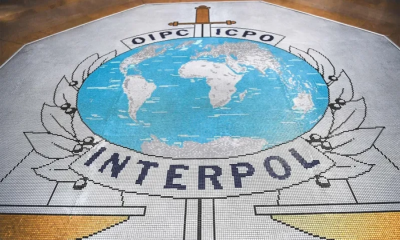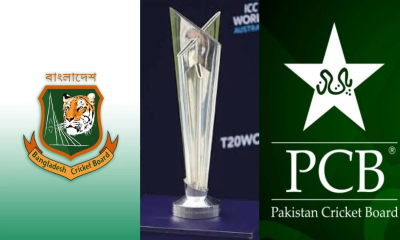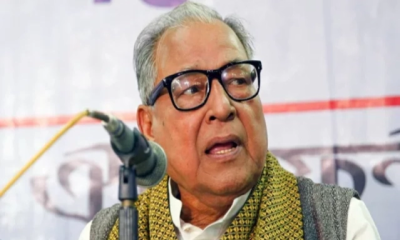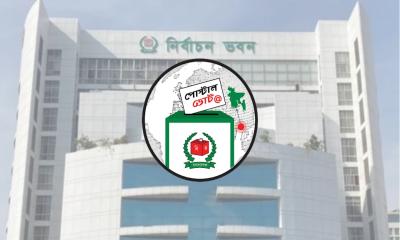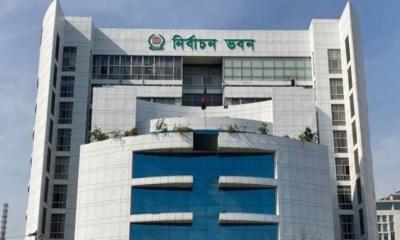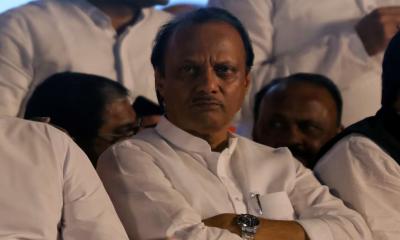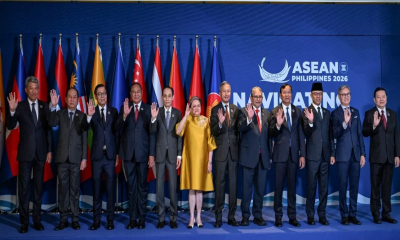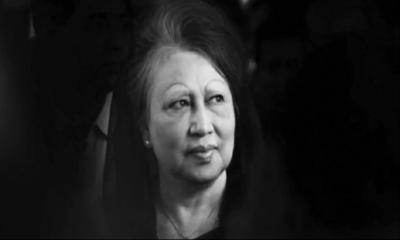India’s Foreign Secretary Vikram Misri has said that New Delhi is prepared to engage in discussions with Dhaka regarding the presence of Bangladesh’s ousted Prime Minister Sheikh Hasina in India and its implications for bilateral relations.
“This is a judicial and legal process that requires engagement and dialogue between the two governments,” Misri said. “We are examining these matters and look forward to working with the authorities in Bangladesh on them.”
He, however, added that beyond this, making further comments at this stage would not be constructive.
Misri made the remarks on Monday in New Delhi during an hour-long exchange with members of the Diplomatic Correspondents Association, Bangladesh (DCAB), at the Ministry of External Affairs (MEA).
Reiterating India’s long-held stance on Bangladesh’s upcoming national election, the Foreign Secretary said India strongly supports a “free, fair, participatory, and inclusive” election in Bangladesh at the earliest possible time. He emphasized that India would work with whichever government comes to power through the people’s mandate.
The 23-member DCAB delegation is visiting India at the invitation of the Indian government. The meeting was also attended by MEA spokesperson Randhir Jaiswal, Joint Secretary (Bangladesh and Myanmar) B. Shyam, DCAB President A.K.M. Moinuddin, and General Secretary Md Arifuzzaman Mamun.
Misri said Bangladesh’s ongoing political process is being closely watched not only in the region but also globally. He noted that the Bangladeshi authorities have indicated an election timeframe around February next year. “It is encouraging that the authorities themselves are talking about an election timeline,” he said, adding that India hopes to see the polls held successfully.
“It will be a government elected with the people’s mandate, and India will work with whichever government the people of Bangladesh choose to represent them,” Misri stated.
Clarifying India’s position on Bangladesh’s electoral process, he said New Delhi will not interfere in determining the nature or conditions of that mandate. “This is a matter for the people of Bangladesh to decide,” he affirmed.
He added that elections are not only about domestic legitimacy but also about international perceptions. “I clearly cannot get into the middle of decisions taken by the authorities of Bangladesh,” Misri said. “How these elections are perceived domestically and internationally is for the authorities, the people, and civil society in Bangladesh to assess. These decisions will have not only immediate but also medium- and long-term consequences.”
The Foreign Secretary emphasized India’s partnership in ensuring Bangladesh’s peace, progress, stability, and development, saying these are closely linked to regional stability. “We attach the highest importance to these issues — not only for ourselves but because they safeguard our mutual interests as well,” he said.
Highlighting the deep cultural, linguistic, religious, and historical ties between the two neighbors, Misri said, “Our relationship is over five decades old, and I am confident it will continue to flourish.”
The discussion also covered bilateral challenges such as border management and water-sharing. Misri acknowledged that such issues are normal in any bilateral relationship but declined to comment on Bangladesh’s relations with any third country.
Despite the political developments in July and August, he said, India has continued to work with Dhaka. Describing the current political situation as “unusual,” Misri said New Delhi did not refrain from engaging with the authorities in Dhaka.
He noted that Indian Prime Minister Narendra Modi was among the first leaders to congratulate Professor Dr Muhammad Yunus after he took charge as head of Bangladesh’s interim government.
“To sustain this engagement and build a foundation for stronger ties in the future, both sides need to work toward creating a conducive environment,” Misri said, stressing the importance of avoiding statements or actions that could harm the bilateral atmosphere.
Responding to a question about Sheikh Hasina’s stay in India, Misri reiterated that it is a legal matter that requires dialogue between the two governments.


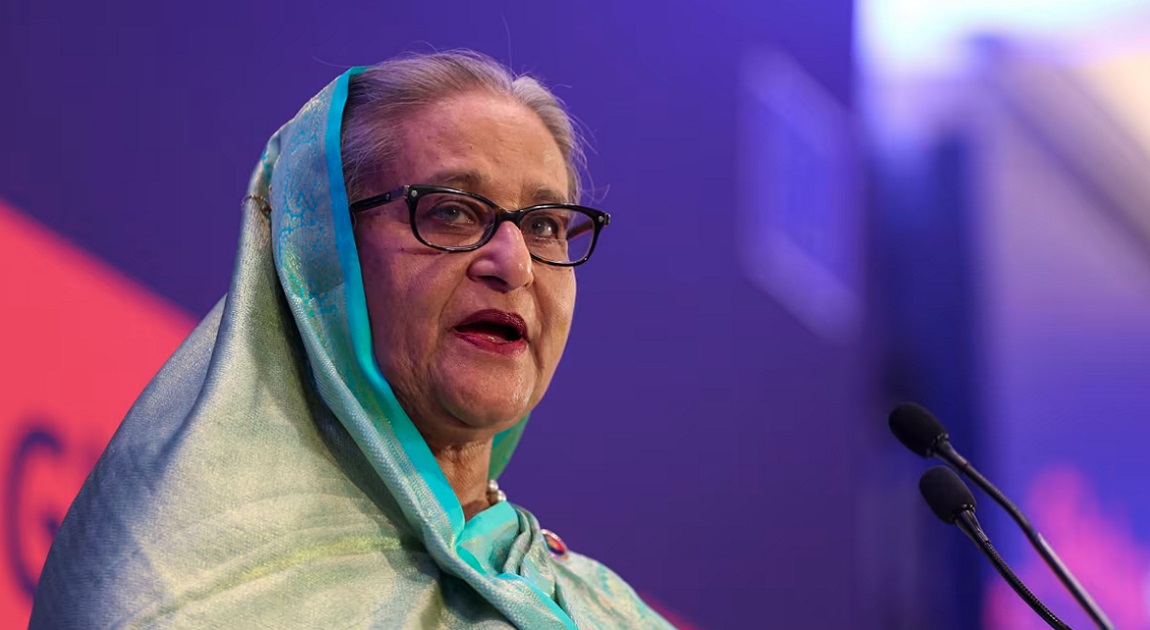

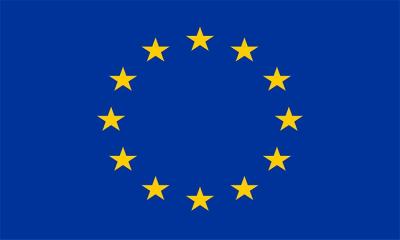
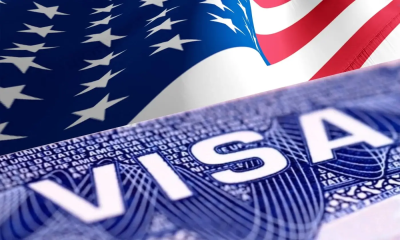
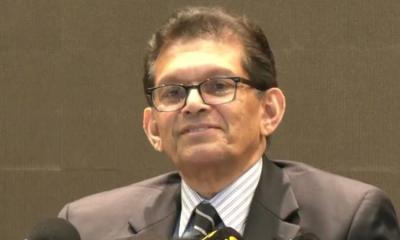
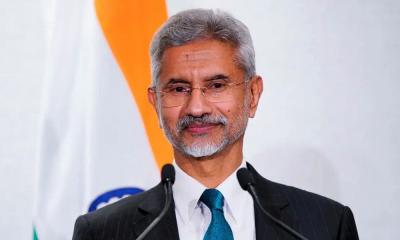
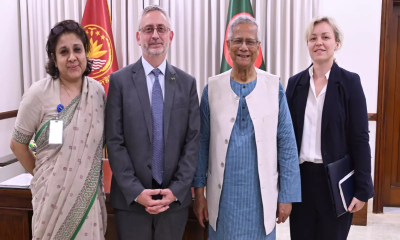
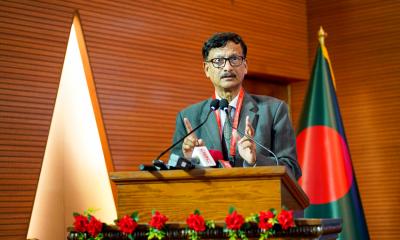
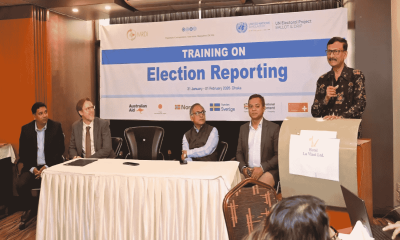
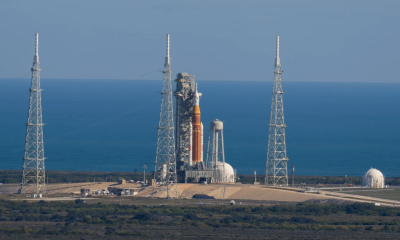
-20260201114353.webp)
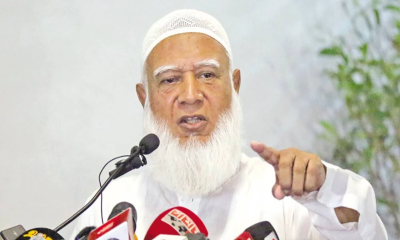

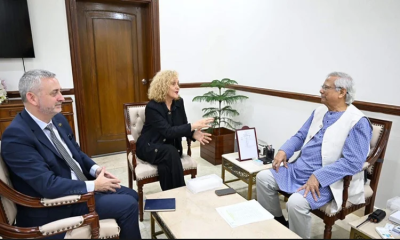

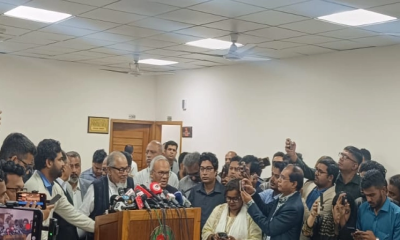
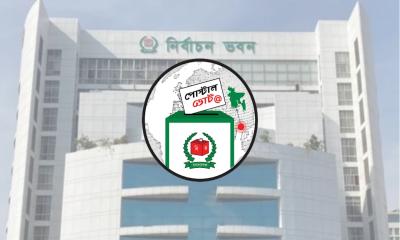
-20260201090421.webp)
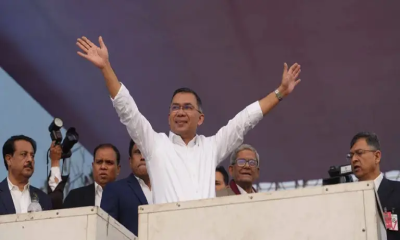
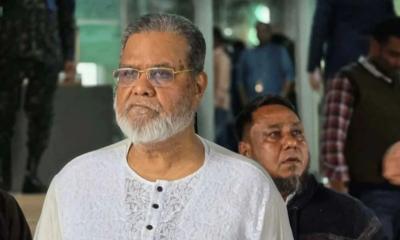
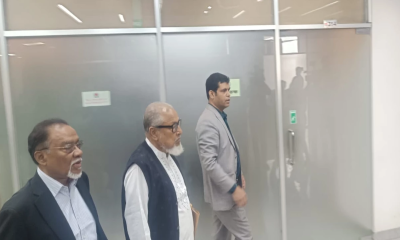
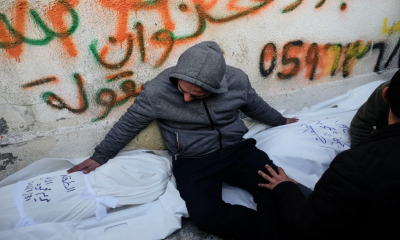

-20260125075255.jpeg)

